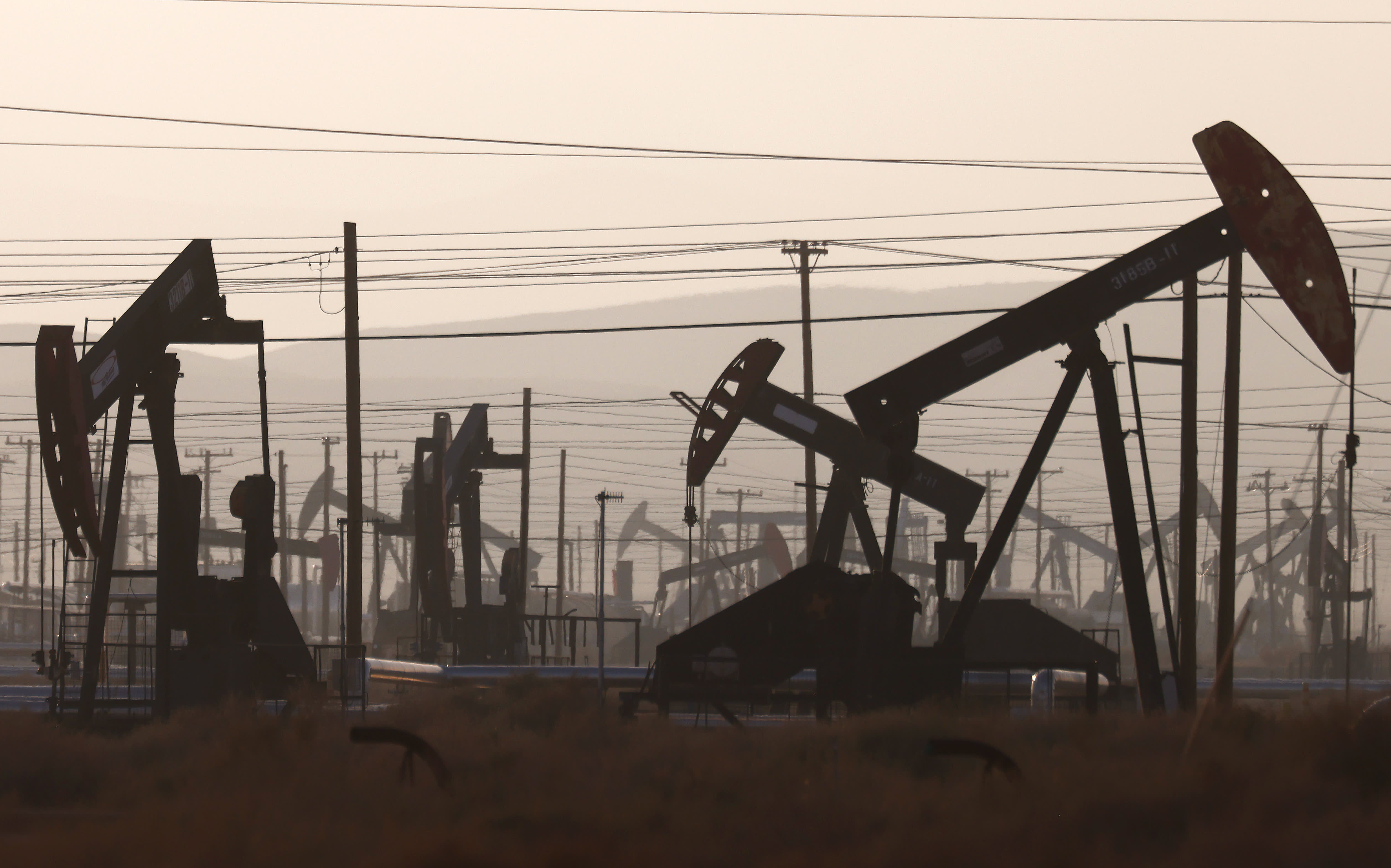Oil may hit $150 and a surge could ‘definitely escalate an inflation scare,’ says Jefferies

Oil prices could move “a lot higher” from current levels given the world’s deep reliance on fossil fuels and may hit $150, says Christopher Wood from Jefferies.
“In a world that really reopens — which is a big ‘if’ — the oil price can go significantly higher,” Wood, global head of equity strategy at the investment bank, told CNBC’s “Street Signs Asia” on Wednesday.
“Oil got to over $80 with a lot of Asia closed,” and China’s borders are effectively still closed, he said, in reference of Beijing’s strict zero-Covid approach. “In a really fully reopened world, the oil price could go to a $150 dollars because the supply constraints are dramatic.”
The “political attack” on fossil fuels in recent years has removed the incentive for investment in the sector despite its lingering importance, the strategist said, pointing out that 84% of world’s energy demand last year was met by fossil fuels.
“The issue for me is not the oil price, the issue is the pandemic. The oil price is gonna go higher in a fully reopened world because nobody’s investing in oil but the world still consumes fossil fuels,” he said.
“So oil can go much higher and that can definitely escalate an inflation scare,” Wood said.
Nobody’s investing in oil but the world still consumes fossil fuels.
Christopher Wood
Global head of equity strategy, Jefferies
On Wednesday afternoon during Asia’s trading hours, international benchmark Brent crude futures were at around $71.90 per barrel while U.S. crude futures were at about $68.50 per barrel.
Oil saw its worst day of 2021 on Friday amid a global market rout, triggered by the World Health Organization’s Thursday warning about the omicron Covid variant. Oil prices have seen wild swings between positive and negative territory since, as investors seek clarity on the economic impact of the newly identified variant that has far more mutations than previous strains.
“To me, the only thing that’s really gonna knock the oil price down is new lockdowns in the Western world, which is why oil corrected when we saw the news about the new variant,” Wood said.
Investor sentiment globally remains fragile since the new Covid variant was identified.
Inflation outlook and the Fed
Looking ahead, Wood predicted that inflation will likely end up structurally higher than where it was before the pandemic.
There could be more volatility ahead barring any “really negative outcomes” on Covid, even as vaccination efforts ramp up, he said.
The expectation of higher structural inflation ahead means that markets will be at the mercy of tightening and tapering scares, Wood explained: “It really comes down to how hawkish the Fed is really going to be.”
U.S. Federal Reserve Chairman Jerome Powell said Tuesday the central bank could end its bond-buying program earlier than initially planned as the country combats rising inflationary pressures. That could open the door for the Federal Reserve to raise interest rates earlier, though Powell stressed the tapering should not be viewed as an indication of looming rate hikes.
“Personally, I believe … the Fed will talk a more hawkish game than they act,” Wood said. “In my view, they will fundamentally remain dovish.”
“If they suddenly decide to start tightening in a meaningful fashion, which is a big if. But if they do, then I believe markets will go down sharply,” the Jefferies’ strategist said.
“I continue to believe that any kind of risk off move, the Fed will back off its tightening very quickly and move more in the direction of financial repression — by which I mean further severing the links between inflation and interest rates,” Wood said.
— CNBC’s Elliot Smith and Jeff Cox contributed to this report.




